
Humanity has confronted a staggering set of challenges in the last five years.
The world has grappled with a global pandemic, civil unrest or conflict, in among other places, Myanmar, Syria, Yemen, Afghanistan, and most recently Ukraine, and the greatest flow of displaced people and migrants since the Second World War. We have also witnessed the increasingly visible effects of climate change, a social justice revolution with the Black Lives Matter movement, ongoing challenges to the rule of law in the United States and United Kingdom following Brexit, and the rollback of fundamental rights in many countries. Lawyers are frequently called on to play a pivotal role in mitigating the harm to the most vulnerable from these events.
And lawyers in the private sector providing pro bono services, supported by indefatigable colleagues in the non-profit sector and invaluable clearinghouses like TrustLaw, responded to the challenge, especially in 2020. According to the Pro Bono Institute (PBI) – whose aggregate data can provide a rough proxy for worldwide totals – pro bono hours hit a “high-water mark” that year. Inspired lawyers managed to navigate their own personal upheavals caused by COVID and remote working, and still help others in record numbers. Many did this while also handling unprecedented commercial workloads in much of 2020, which continued throughout 2021.
It may not be a surprise, then, that in 2021 pro bono hours declined sharply across the board, with PBI seeing 800,000 fewer pro bono hours delivered by its reporting firms, a 15% drop. Other PBI metrics reflect the strain on individuals too, with average pro bono hours per lawyer declining 20.4% and pro bono hours as a percentage of total firm hours down to levels not seen since 2007. Physical and mental fatigue are likely serious drivers of the decline, made worse by a perception that the crises just keep coming.
But there is good news. Coming into the autumn of 2022, anecdotal evidence and preliminary data suggest that aggregate pro bono hours are stabilizing. Some new trends reflect creative and effective responses to the crises at hand. Here are three of them:
1.New multi-firm pro bono collaborations are bringing large numbers of lawyers together to provide deep and sustained support to vulnerable populations, particularly on questions of migration and asylum. Such projects involve the firms themselves offering their own lawyers’ time, and funding legal experts to help support their work, which augments the capacity of excellent local NGO partners. Such multi-firm collaborations are underway in Greece, France, Germany, Poland, Italy, the United Kingdom, and other jurisdictions, and are likely to expand.
- Because of the pandemic, providing remote and virtual legal services has become a vital instrument in the pro bono toolbox. This allows pro bono help to penetrate what was once termed “pro bono deserts” – places with few lawyers and legal-service providers. Increased use of virtual court appearances will only accelerate this trend, allowing “big city lawyers” to efficiently represent clients anywhere they are licensed to practice, have the expertise to assist, and Internet access allows.
- At White & Case, we are seeing our business-services colleagues increasingly asking to work on our pro bono matters. They bring vital skills and new perspectives to a pro bono engagement. For example, legal project management teams can help organize and efficiently manage work streams; researchers can free lawyers to focus on drafting and pleading; career-development experts can offer leadership training and coaching to NGO management; and communications, marketing, media and IT specialists are always in demand to provide practical help to organizations without these in-house services. We expect to see an industry-wide increase in this kind of “inter-disciplinary” or “comprehensive” provision of pro bono services, matching what are called “wrap-around” services offered by some non-profits.
Since its founding in 2010, TrustLaw, and now the TrustLaw Pro Bono Index, have been instrumental in seeding the growth of the global pro bono ecosystem. A worldwide culture of pro bono is now taking root, with a critical mass of practitioners evolving, even in those jurisdictions where a culture of doing pro bono is new. The trends identified above will boost the quality and quantity of pro bono services available. The TrustLaw Index is valuable in helping focus internal and external attention on further expanding global pro bono legal work and it provides an important, focused benchmark to track our progress as a profession.
The views expressed in this article are strictly those of the author and should not in any way be attributed to White & Case LLP or other members of the firm. This article is not intended to be legal advice, on which local counsel’s views should always be sought.
More Impact Stories
View All Impact Stories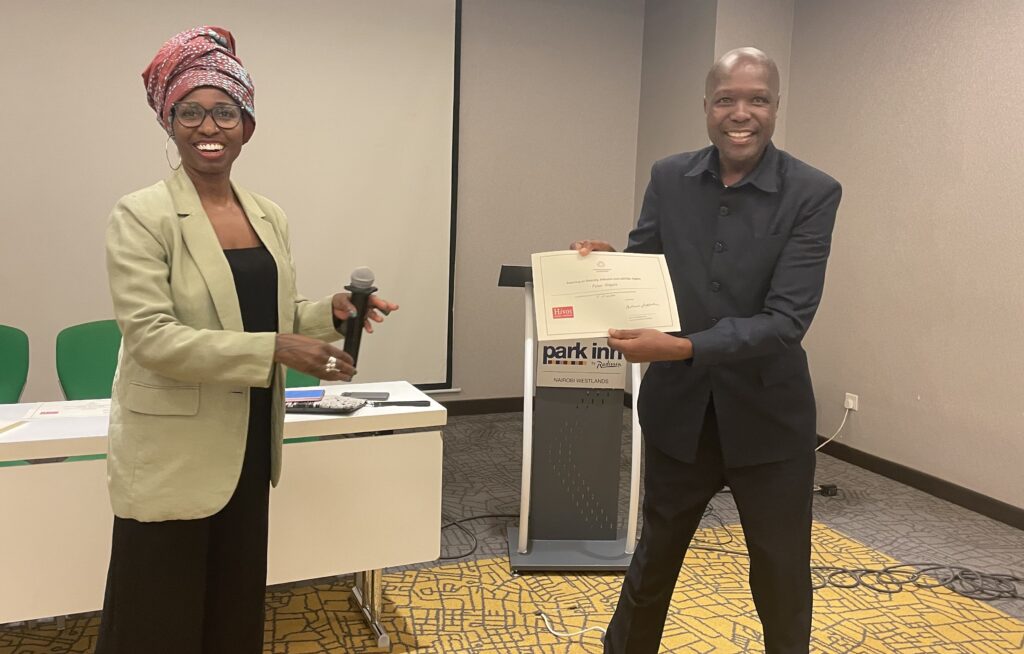
Reporting with empathy: one journalist’s journey to allyship
Discover how training from the…
Read More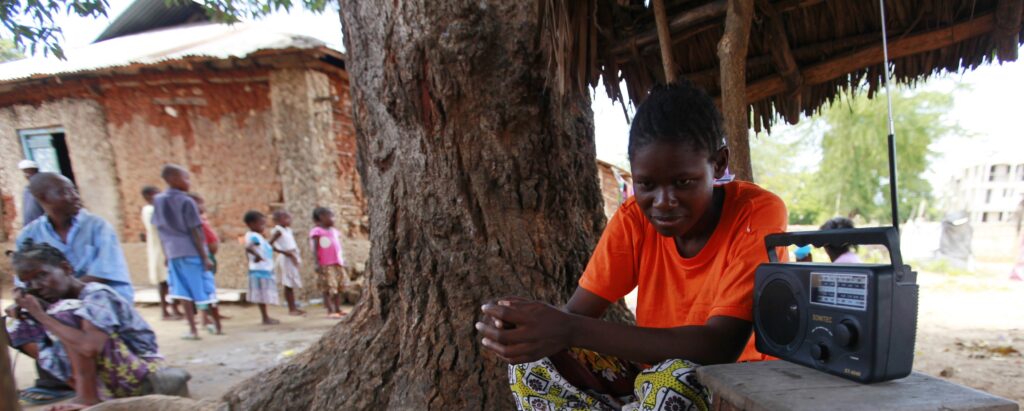
Shielding community journalism: How pro bono legal expertise broke the cycle of self-censorship for one Kenyan radio station
As Kenyan radio station Radio Domus ramped up the content it was putting out on digital platforms to…
Read More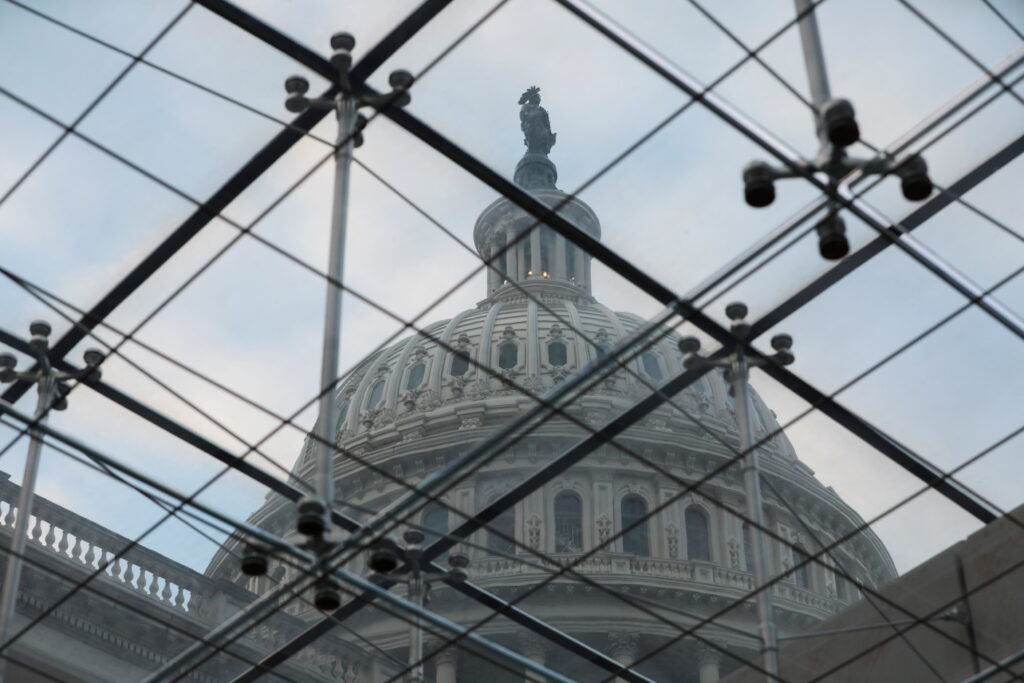
Combatting international corruption: The pro bono research behind the landmark Foreign Extortion Prevention Act
The absence of any U.S. law stopping a foreign official from demanding a bribe from an American…
Read More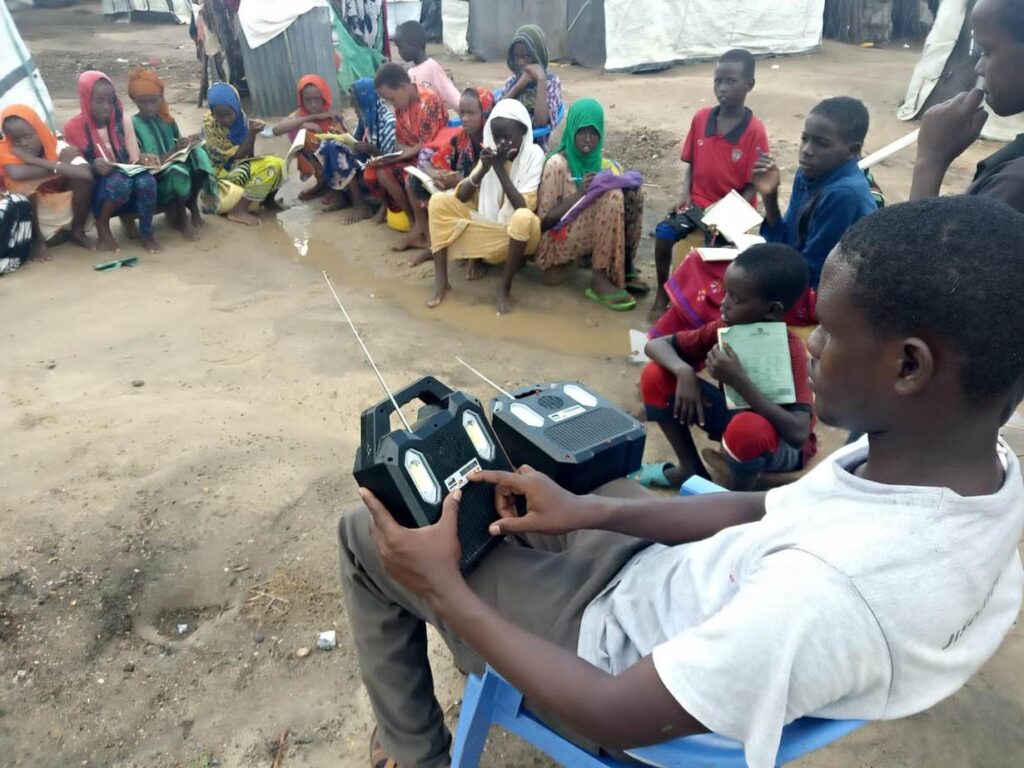
The value of pro bono: Radio Domus
Radio Domus FM is a non-profit youth-centric, 24-hour community radio station in Kajiado…
Read More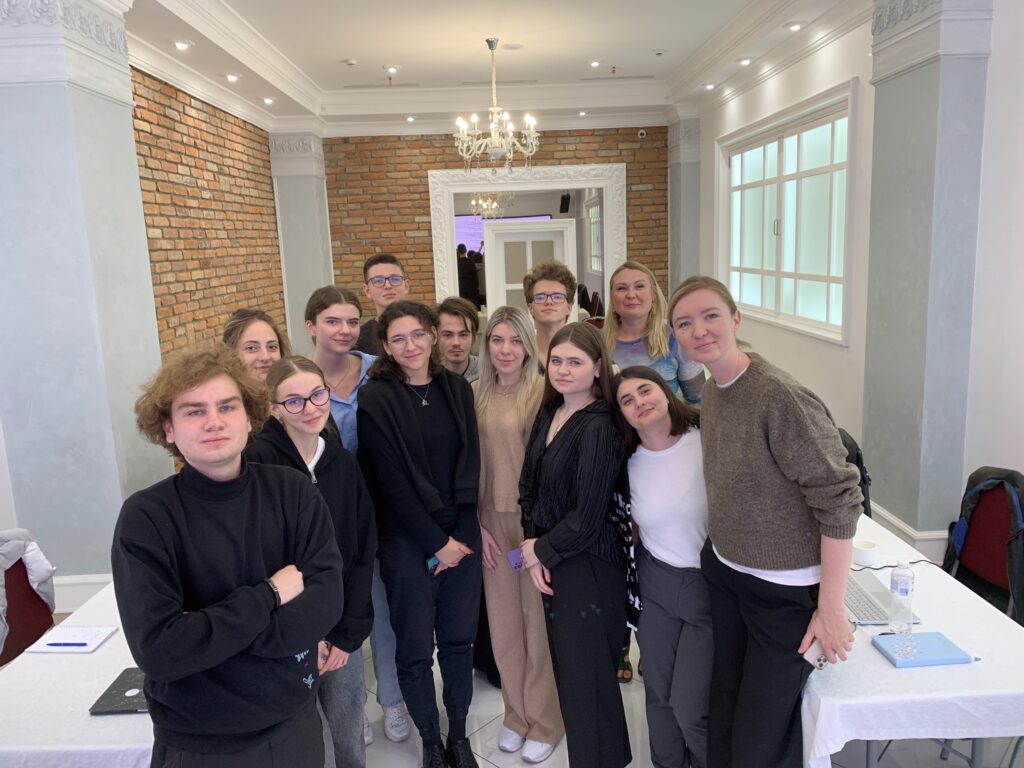

Delivering pro bono legal services in France
Participation in pro bono initiatives is on the rise in France,…
Read More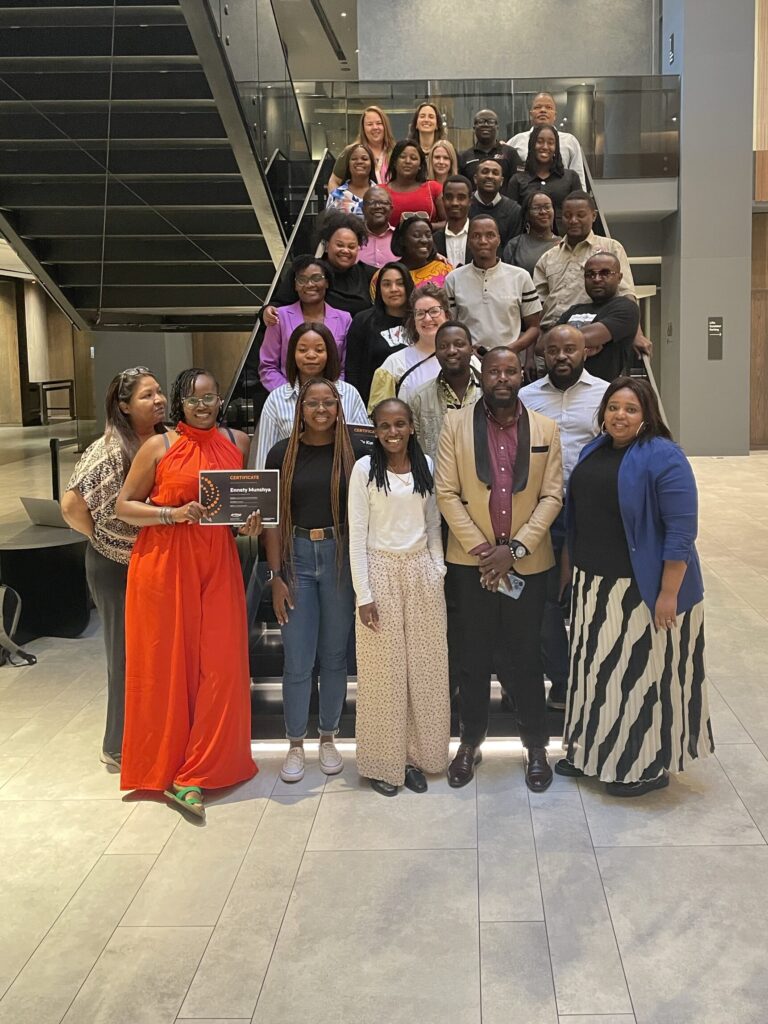
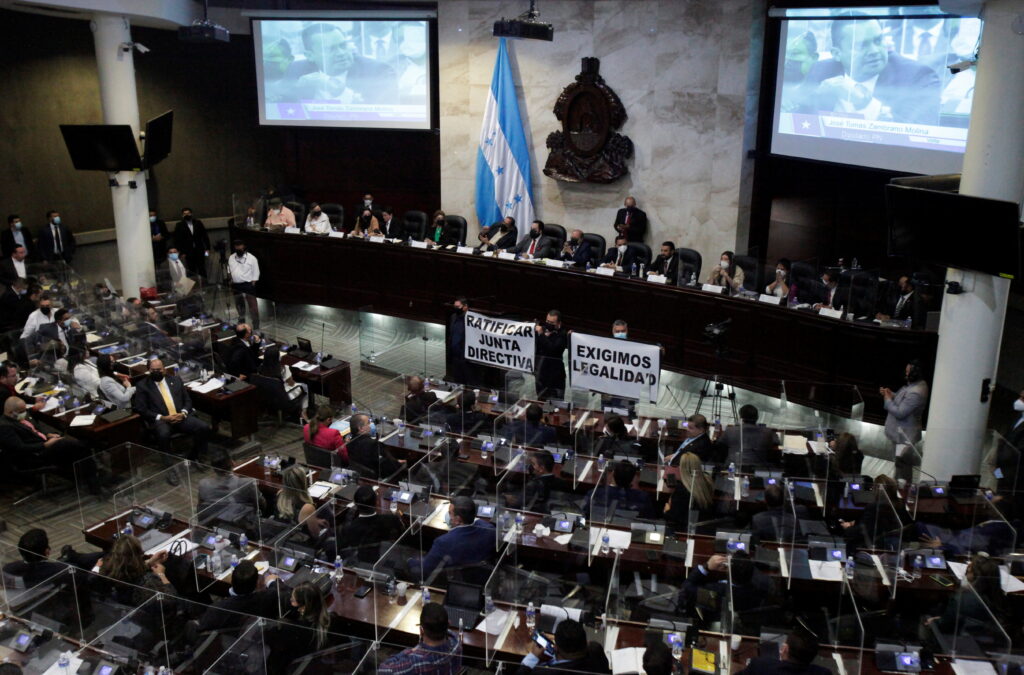
Delivering pro bono legal services in Latin America
New technologies are enhancing pro bono work in Latin…
Read More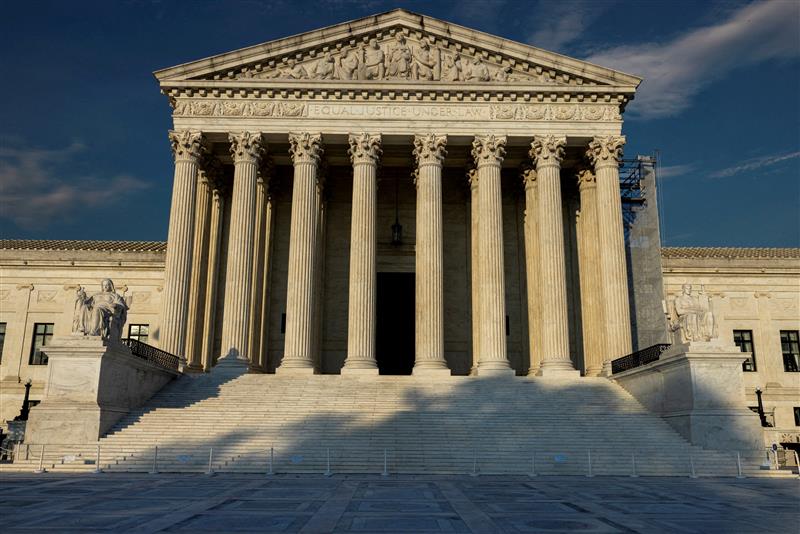
Delivering pro bono legal services in the United States
In 2020, White & Case created its Access to Justice…
Read More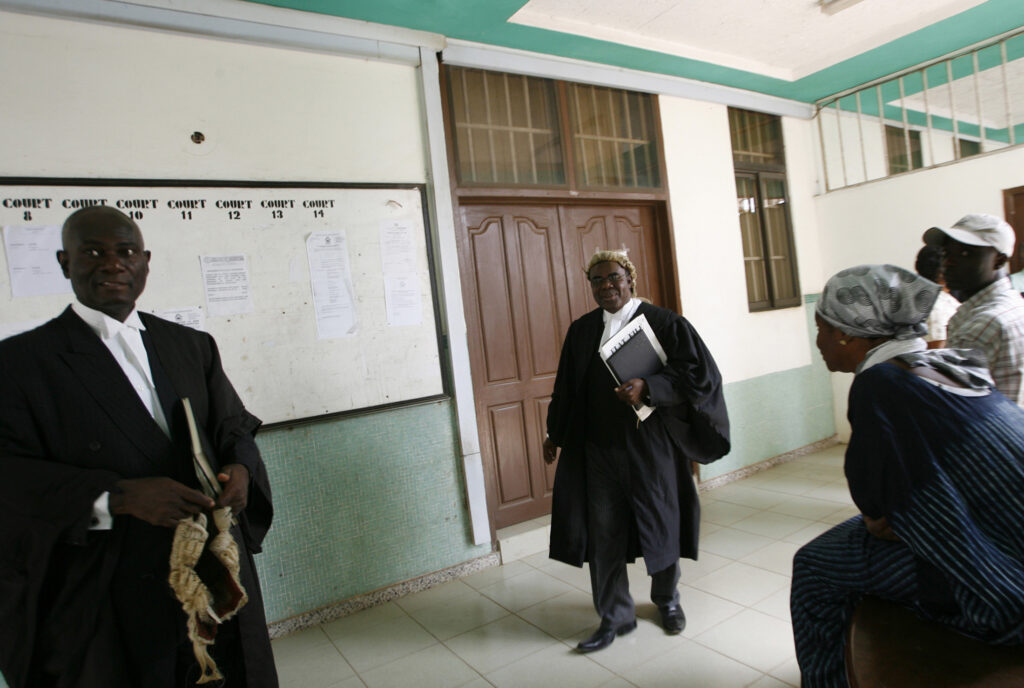
Delivering pro bono legal services in Ghana
The legal community in Ghana is frequently engaged in dialogue about…
Read More

